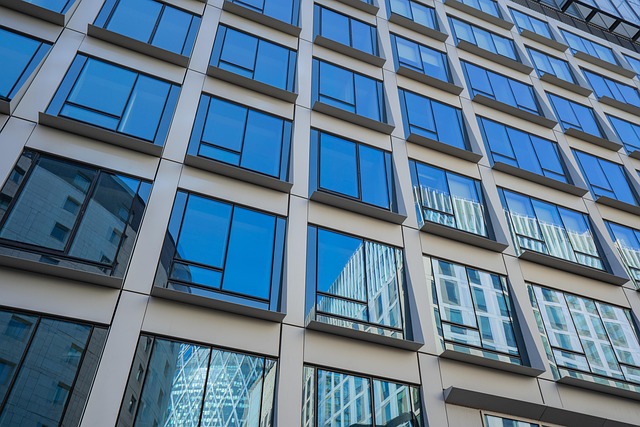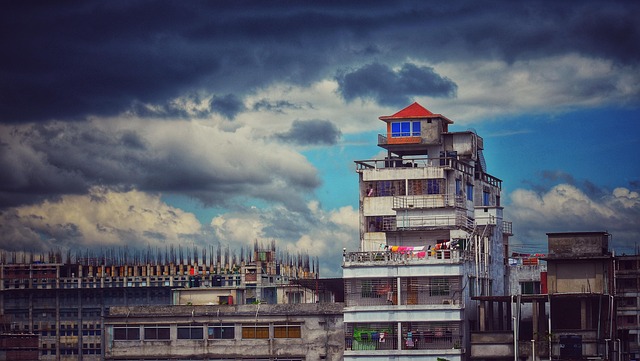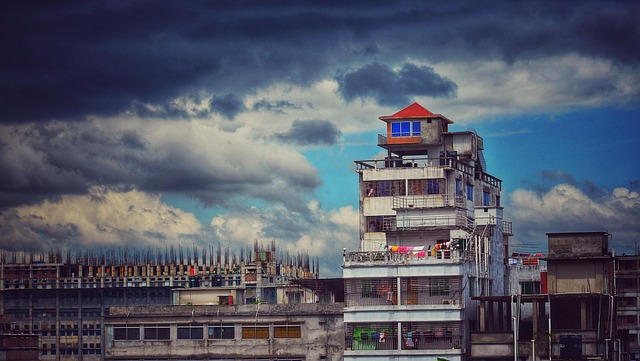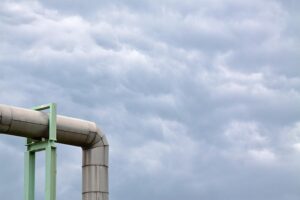Gas water heaters store hot water in insulated tanks, maintaining temperature until needed. They use natural gas or propane, with efficiency influenced by insulation, burner tech, and design. Modern tankless systems heat water on demand, eliminating energy loss for higher efficiency. Heat recovery efficiency preheats incoming cold water, reducing energy consumption and utility bills. Advanced heat exchanger designs and high-quality materials improve performance and longevity. Regular maintenance maximizes efficiency, extends lifespan, and reduces operational costs for gas water heaters.
Condensing gas water heaters are a powerful tool for maximizing energy efficiency in your home. This article delves into the fundamentals of these heaters, exploring how they differ from conventional models and emphasizing heat recovery efficiency—a game-changer in reducing energy consumption. We dissect key components, from heat exchanger design to insulation strategies, offering insights on how to optimize performance. Learn about regular maintenance practices that ensure your gas water heater operates at peak levels, ultimately saving you money and minimizing environmental impact.
- Understanding Gas Water Heater Basics
- Heat Recovery Efficiency: The Concept
- Maximizing Heat Exchanger Design
- Insulation and Thermal Insulation Strategies
- Regular Maintenance for Optimal Performance
Understanding Gas Water Heater Basics

Gas water heaters are a common fixture in many households and businesses, providing hot water on demand. Understanding their basic operation is crucial when exploring ways to maximize efficiency. Traditional gas water heaters, often referred to as tank water heaters, store hot water in an insulated tank, maintaining it at a constant temperature until needed. When the tap is turned on, hot water is dispensed from the tank and replaced with cold water, which is then heated and stored again. This process continues, ensuring a consistent supply of hot water throughout the property.
These heaters utilize natural gas or propane as fuel, igniting it to heat the water inside the tank. The efficiency of this process is influenced by factors like insulation quality, burner technology, and the overall design of the heater. More modern options, such as tankless gas systems, offer an alternative approach by heating water on demand without storing it in a tank. This eliminates energy loss associated with maintaining a constant temperature, resulting in higher energy-efficient heating for residential or commercial use.
Heat Recovery Efficiency: The Concept

Heat Recovery Efficiency, at its core, is a process that leverages the heat generated during one activity to facilitate another, thereby enhancing overall energy efficiency. In the context of gas water heaters, this concept revolves around capturing and utilizing the exhaust gases’ thermal energy instead of allowing it to dissipate into the atmosphere. This recovered heat is then transferred back into the water heating system, effectively preheating the incoming cold water supply.
This process significantly improves residential water heating efficiency, whether you’re using a gas water heater, propane water heaters, or tankless gas systems. By integrating heat recovery technology, natural gas heaters and tank water heaters can reduce energy consumption and lower utility bills. This is particularly beneficial for home water heating, as it not only conserves resources but also contributes to a more sustainable and cost-effective hot water system.
Maximizing Heat Exchanger Design

Maximizing Heat Exchanger Design in a gas water heater is key to improving overall efficiency and heat recovery. The heat exchanger acts as the bridge between the hot gas and the water, transferring maximum thermal energy while minimizing losses. Optimized designs, such as those featuring enhanced turbulence and improved material selection, can significantly boost heat transfer rates.
By incorporating advanced heat exchanger technologies, like finned or twisted tube configurations, manufacturers can ensure better contact between the gas and water phases. This leads to increased heat absorption in tankless gas systems and residential water heating applications, resulting in more energy-efficient hot water systems. Moreover, the use of high-quality materials that resist corrosion and thermal shock enhances the longevity of the heat exchanger, contributing to the overall efficiency and performance of both natural gas heaters and propane water heaters.
Insulation and Thermal Insulation Strategies

Insulation plays a pivotal role in maximizing the efficiency of any hot water system, especially gas water heaters. By implementing effective insulation strategies, homeowners can significantly reduce heat loss and improve energy performance. Thermal insulation techniques for gas water heating systems involve wrapping the tank with insulating materials to retain the heated water’s warmth. This simple yet powerful method slows down the transfer of heat to the surrounding environment, ensuring that more energy is utilized for practical purposes.
For residential water heating applications, considering advanced thermal insulation strategies can lead to substantial energy savings. When comparing traditional tank water heaters (including natural gas heaters and propane water heaters) with tankless gas systems, proper insulation makes a notable difference. Energy-efficient hot water systems, such as modern tankless models, benefit from enhanced insulation, thereby enhancing overall efficiency and potentially lowering utility costs in the long run. Effective insulation is a key component in any home’s quest for energy-efficient gas fired heaters and optimal hot water systems.
Regular Maintenance for Optimal Performance

Regular maintenance plays a pivotal role in maximizing the heat recovery efficiency of your gas water heater, ensuring optimal performance and longevity. A well-maintained system not only improves energy efficiency but also reduces operational costs over time. For instance, cleaning or replacing air filters can significantly enhance airflow, directly impacting the heater’s ability to extract heat from the fuel source. This simple yet effective step prevents restrictions in the gas supply, leading to more efficient water heating.
Additionally, periodic inspections should include checking for leaks in both gas and water lines, as well as examining the overall integrity of the tank or tankless system. Prompt repair or replacement of faulty components, such as damaged gaskets or corroded parts, can prevent energy wastage and potential safety hazards. For residential water heating systems, including natural gas heaters, propane water heaters, and tankless gas systems, regular maintenance is key to achieving energy-efficient hot water systems while ensuring a comfortable living environment.
Condensing gas water heaters offer a significant step forward in maximizing heat recovery efficiency, reducing energy consumption, and lowering operating costs. By harnessing advanced technologies and strategies like enhanced heat exchanger design, insulation, and regular maintenance, these heaters ensure optimal performance while contributing to a more sustainable future. Incorporating these innovations into your plumbing system can lead to substantial long-term savings and environmental benefits.
